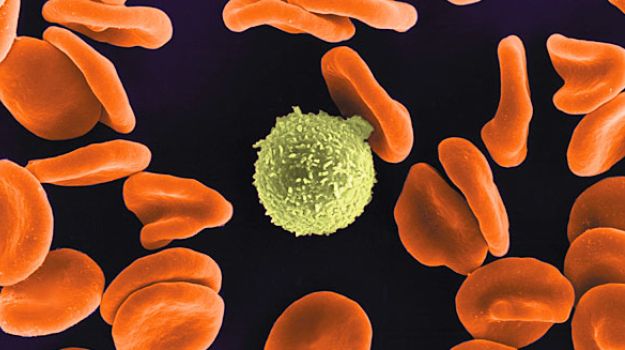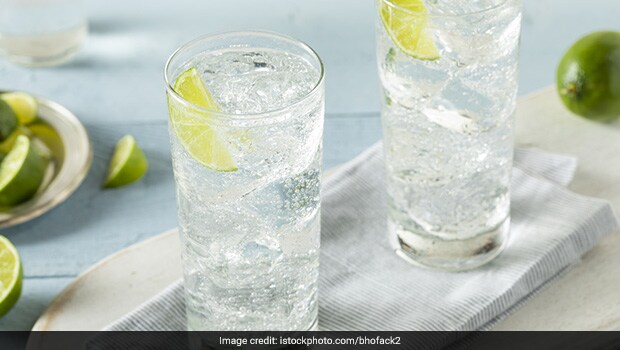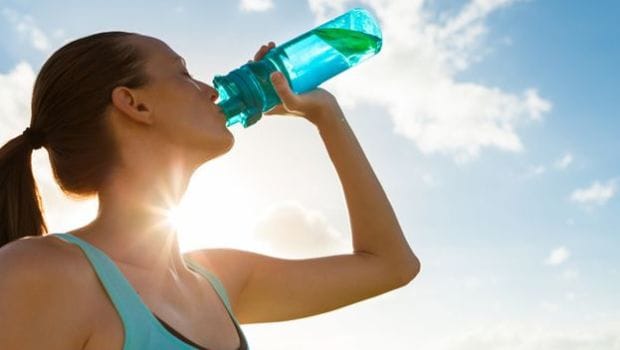What Is Water Intoxication?
Human body constitutes of mostly water and it depends on it to work properly. Drinking adequate amounts of water may help regulate body temperature, flush out all toxins, prevent constipation and perform all major bodily functions. Over consumption of water, also known as over-hydration, on the other hand, can be equally concerning. Water intoxication happens when the amount of salt and other electrolytes in your body become excessively diluted. In worst case scenarios, the sodium levels may become dangerously low.(Also Read: 5 Reasons Why You Shouldn't Drink Chilled Water)

Human body constitutes of mostly water and it depends on it to work properlySodium is an important nutrient that is required to balance the fluids in and around the body cells. Drinking too much water may cause an imbalance and the liquid moves from your blood to inside your cells, further making them swell.
According to Parmeet Kaur, Senior Dietician, Narayana Hospital, Gurugram, "Consuming excess water than normal tends to increase your total blood volume and also pressures your kidneys into working over-time so as to filter excess water out of your circulatory system."
Here's What Happens To Your Body Other Than Water Intoxication
1. Excess Water May Over-Burden Your Heart
Heart performs the key role of pumping blood through your entire body. Consuming too much water may mean an increase in the volume of blood in your body. Now, this increased blood volume might cause unnecessary pressure on the blood vessels and the heart, leading to certain heart problems.
2. May Cause The Cells To Swell Up
Excess consumption of water may lead to dilution of blood, which is why the concentration of electrolytes in the blood becomes lower than that in the cells. To ensure a balance in the concentration of electrolytes in the blood and cells, water tends to flow in to the cells, further leading to swelling in the cells.

Excess consumption of water may lead to dilution of blood
3. May Deplete Potassium Levels
Potassium is an important mineral required by the body. However, excess water in the system may cause a major dip in the potassium content. This may cause problems like irritation, chest pain, muscle cramps, et al.
4. May Up Stomach Irritation
Drinking too much water can lead to an imbalance in electrolytes in the body. This furthers leads to irritation in our stomach, which is also a primary stage of developing hyponatremia.
5. Frequent Urination
Of course, excess water in the body will lead to frequent excretion as compared to normal drinking. Your body has its own mechanism of absorption. Downing too much water may cause failure of your body to absorb the liquid, which is why you feel the need to visit the washroom frequently.
How Much Water Should You Ideally Drink In A Day?
Most health experts suggest that drink water whenever you feel thirsty and not load up on it unnecessarily. In order to check if your body needs water is to watch out for the colour of your urine. If it is dark yellow in colour, your body needs water and if it is light yellow colour, you don't really need it.

Most health experts suggest that drink water whenever you feel thirstyAs far as the amount of water you need on a daily basis is concerned, it totally depends on one's body. Senior Dietitian Parmeet Kaur adds, "Water intake really depends on your age, gender, body weight, activity levels, metabolism, and medication as well as environmental conditions. People in temperate climates and with little physical activity may not need the eight glasses of water daily. On hot and humid days and on days that you do strenuous exercise, drink 1.5 to 2.5 litres of water per day, preferably with some electrolytes to balance the salts."
While water is an important elixir, over-usage of it may only cause harm to your body. So, make sure you maintain an optimum level of water to ensure a healthy body.









